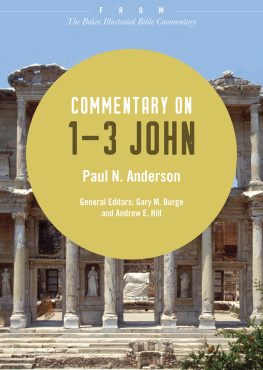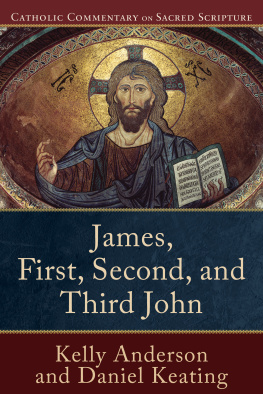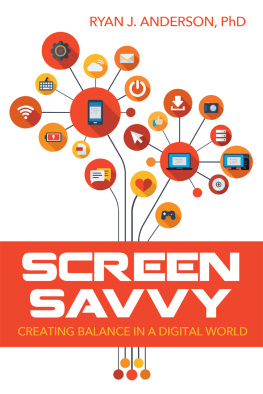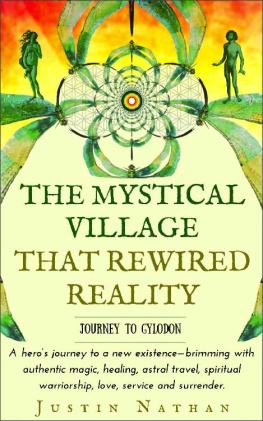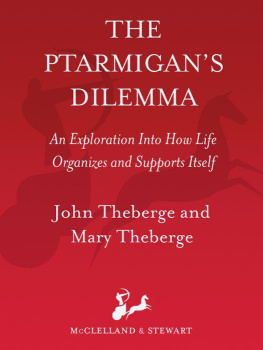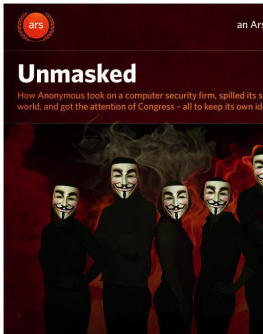Radios Digital Dilemma
Radios Digital Dilemma is the first comprehensive analysis of the United States digital radio transition, chronicling the technological and policy development of the HD Radio broadcast standard. A story laced with anxiety, ignorance, and hubris, the evolution of HD Radio pitted the nations largest commercial and public broadcasters against the rest of the radio industry and the listening public in a pitched battle over defining the digital future of the medium. The Federal Communications Commission has elected to put its faith in marketplace forces to govern radios digital transition, but this has not been a winning strategy: a dozen years from its rollout, the state of HD Radio is one of dangerous malaise, especially as newer digital audio distribution technologies fundamentally redefine the public identity of radio itself.
Ultimately, Radios Digital Dilemma is a cautionary tale about the overarching influence of economics on contemporary media policymaking, to the detriment of notions such as public ownership and access to the airwaves and a call for media scholars and reformers to engage in the continuing struggle of radios digital transition in hopes of reclaiming these important principles.
Anderson provides a detailed and shocking look into how compliant regulators and a few well-connected private actors can conspire to thwart both the market and the public interest. This is a startling and well-documented indictment of an epic failure of our media system that should enrage both liberals and conservatives alike.
Ted M. Coopman, San Jose State University, USA
Andersons text elucidates an important, and overlooked, policy fight. Largely out of sight of the public, and over an extended period of time, broadcast conglomerates and related interests pushed to replace our current open broadcast system with one based on a technically deficient, proprietary standard, that they controlled. Anderson has forensically assembled this story, showing us how obscure policy battles over technical standards can have long-reaching impacts on the media that act as conduits for so much of our culture.
Andrew Baoill, Cazenovia College, USA
John Nathan Anderson is an Assistant Professor and the Director of Broadcast Journalism in the Department of Television and Radio at Brooklyn College, City University of New York. Formerly a radio journalist, hes been working in the fields of media policy and activism for nearly two decades.
Routledge Research in Cultural and Media Studies
For a full list of titles in this series, please visit www.routledge.com
31 Audiobooks, Literature, and Sound Studies
Matthew Rubery
32 The Adaptation Industry
The Cultural Economy of Literary Adaptation
Simone Murray
33 Branding Post-Communist Nations
Marketizing National Identities in the New Europe
Edited by Nadia Kaneva
34 Science Fiction Film, Television, and Adaptation
Across the Screens
Edited by J. P. Telotte and Gerald Duchovnay
35 Art Platforms and Cultural Production on the Internet
Olga Goriunova
36 Queer Representation, Visibility, and Race in American Film and Television
Melanie E. S. Kohnen
37 Artificial Culture
Identity, Technology, and Bodies
Tama Leaver
38 Global Perspectives on Tarzan
From King of the Jungle to International Icon
Edited by Annette Wannamaker and Michelle Ann Abate
39 Studying Mobile Media
Cultural Technologies, Mobile Communication, and the iPhone
Edited by Larissa Hjorth, Jean Burgess, and Ingrid Richardson
40 Sport Beyond Television
The Internet, Digital Media and the Rise of Networked Media Sport
Brett Hutchins and David Rowe
41 Cultural Technologies
The Shaping of Culture in Media and Society
Edited by Gran Bolin
42 Violence and the Pornographic Imaginary
The Politics of Sex, Gender, and Aggression in Hardcore Pornography
Natalie Purcell
43 Ambiguities of Activism
Alter-Globalism and the Imperatives of Speed
Ingrid M. Hoofd
44 Generation X Goes Global
Mapping a Youth Culture in Motion
Christine Henseler
45 Forensic Science in Contemporary American Popular Culture
Gender, Crime, and Science
Lindsay Steenberg
46 Moral Panics, Social Fears, and the Media
Historical Perspectives
Edited by Sin Nicholas and Tom OMalley
47 De-convergence in Global Media Industries
Dal Yong Jin
48 Performing Memory in Art and Popular Culture
Edited by Liedeke Plate and Anneke Smelik
49 Reading Beyond the Book
The Social Practices of Contemporary Literary Culture
Danielle Fuller and DeNel Rehberg Sedo
50 A Social History of Contemporary Democratic Media
Jesse Drew
51 Digital Media Sport
Technology, Power and Culture in the Network Society
Edited by Brett Hutchins and David Rowe
52 Barthes Mythologies Today
Readings of Contemporary Culture
Edited by Pete Bennett and Julian McDougall
53 Beauty, Violence, Representation
Edited by Lisa A. Dickson and Maryna Romanets
54 Public Media Management for the Twenty-First Century
Creativity, Innovation, and Interaction
Edited by Micha Gowacki and Lizzie Jackson
55 Transnational Horror Across Visual Media
Fragmented Bodies
Edited by Dana Och and Kirsten Strayer
56 International Perspectives on Chicana/o Studies
This World is My Place
Edited by Catherine Leen and Niamh Thornton
57 Comics and the Senses
A Multisensory Approach to Comics and Graphic Novels
Ian Hague
58 Popular Culture in Africa
The Episteme of the Everyday
Edited by Stephanie Newell and Onookome Okome
59 Transgender Experience
Place, Ethnicity, and Visibility
Edited by Chantal Zabus and David Coad
60 Radios Digital Dilemma
Broadcasting in the Twenty-First Century
John Nathan Anderson




